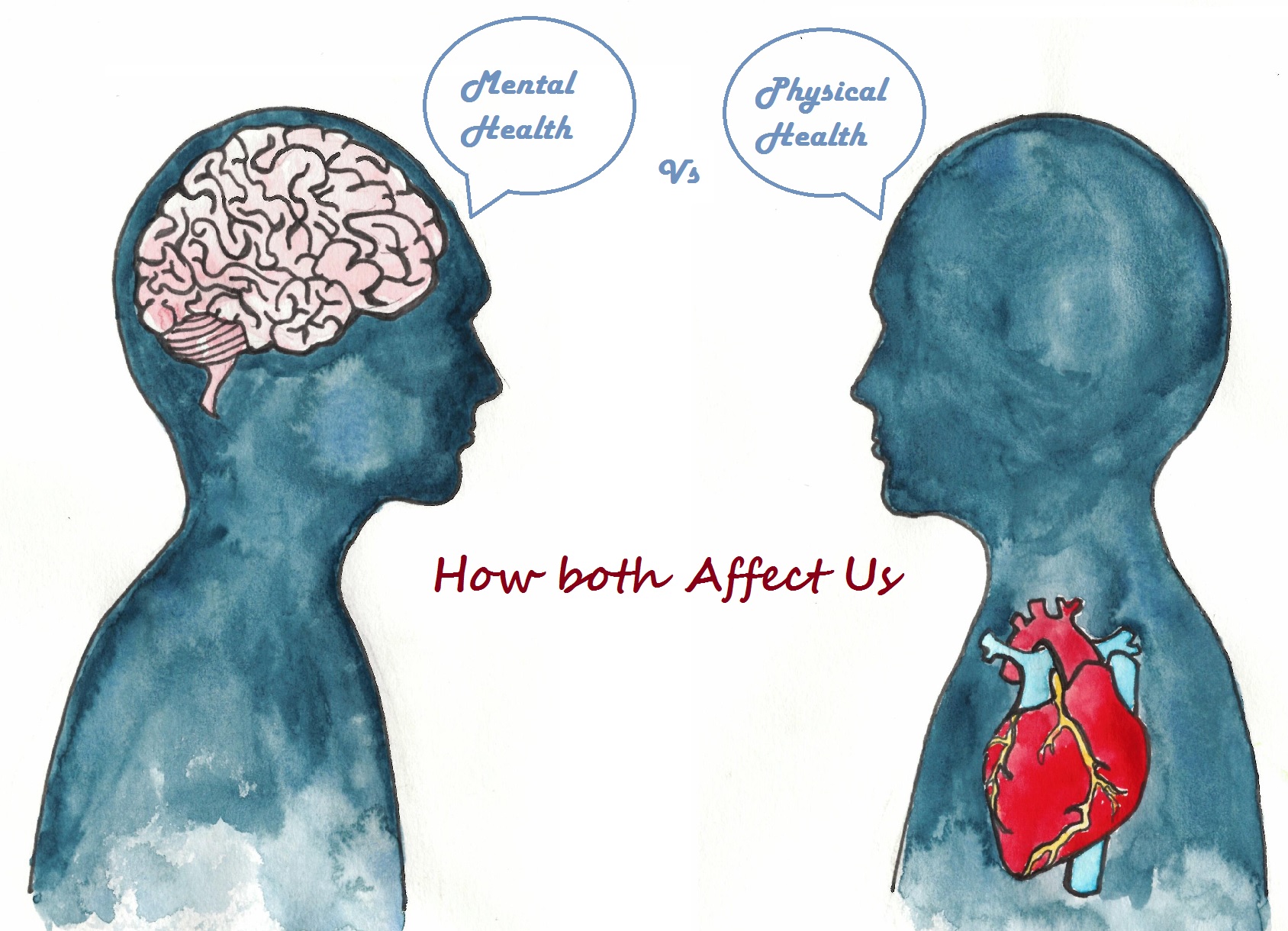Health and wellness are terms that are often interchanged, but their origins and meanings are different . As established by the World Health Organization (WHO) in the 1940s, health is referred to as, “a state of complete physical, mental and social well-being and not merely the absence of disease or infirmity .” Although this definition has been criticized for being overly inclusive and unattainable, especially as it relates to the word “complete,” very importantly, it broadens the medical definition of health beyond the simple absence of disease. According to the WHO, the primary determinants of health include the social, economic, and physical environments, and the person’s individual characteristics and behaviors . The maintenance and improvement of health, accordingly, depends not only on external or environmental factors (including the systems of care), but also on the efforts and intelligent lifestyle choices of the person . In fact, it depends on wellness.
You may be surprised by the definition of wellness! Although variously defined, depending on context, according to the National Wellness Institute, wellness is considered, “an active process through which people become aware of, and make choices toward, a more successful existence” . This definition is based on 3 tenets:
-
Wellness is considered a conscious, self-directed and evolving process of achieving full potential.
-
Wellness is multidimensional and holistic, encompassing lifestyle, mental and spiritual well-being, and the environment.
-
Wellness is positive and affirming.
In understanding the difference between health and wellness, in short, health is a state of being, whereas wellness is the state of living a healthy lifestyle . Health refers to physical, mental, and social well-being; wellness aims to enhance well-being.
Life in practice is undoubtedly fraught with stresses, and so much so that we can — and should — question whether they are threatening the health and wellness of veterinarians. Can stress affect health? Absolutely. It can affect physical, mental, and social well-being. Can stress affect wellness? Yes, but only to a point, in that it can affect one’s perspective or dampen one’s energy, negatively influencing one’s commitment to self-care and the aim to achieve one’s fullest potential. The difference is that wellness is always a matter of choice.
The topic of veterinary wellness has received increasing attention over the last decade. Whether prompted by societal concern for health and wellness in general, or the growing awareness of the troubling incidence of suicide in the profession , veterinary wellness is in the spotlight across Canada, and worldwide. We could ask, “Is this because veterinarians’ health is worse than it used to be? Are the challenges of practice becoming overwhelming?” According to Dr. Jean Wallace in a recent study identifying the stressful parts of veterinarians’ work and how it relates to their wellness, “more and more veterinarians are suffering from compassion fatigue, burnout, and suicidal behaviours.”
Every day presents choices as to the extent to which you do what’s best to sustain your physical, mental/emotional, and social well-being, and preserve the balance among these aspects of your health. Optimal health comes from wellness, from making decisions and practicing behaviors that are based on sound health knowledge and healthful attitudes.
We can’t eliminate the stresses of practice, but we can make the efforts and intelligent lifestyle choices to prevent these stress-ors from wearing us down. The next column, we will look into the many ways in which you can cultivate a culture of wellness.







Leave a comment
Your email address will not be published. Required fields are marked *